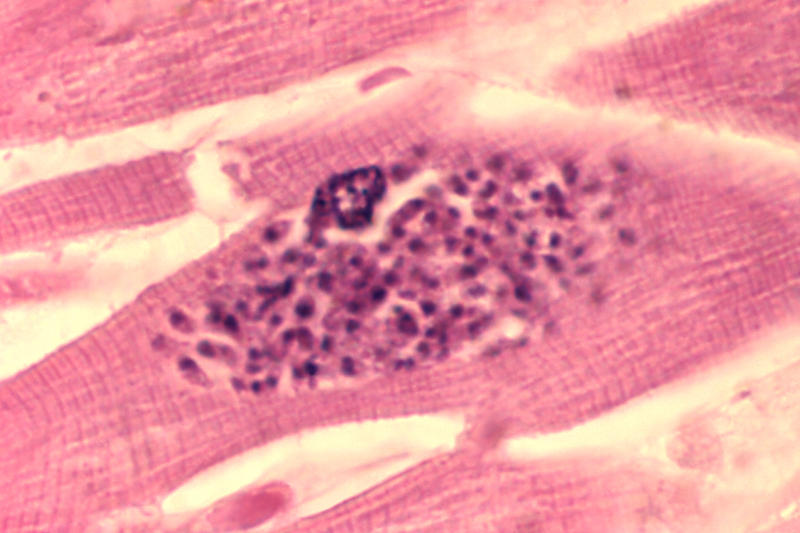Common parasite in cats may trigger suicide attempts
A parasite thought to be harmless and found in many people may actually be causing subtle changes in the brain, leading to suicide attempts
August 17, 2012
[+]

The Toxoplasma gondii parasite has been linked to inflammation in the brain, damaging cells (credit: Michigan State University)
New research appearing in the August issue of The Journal of Clinical Psychiatry adds to the growing worklinking an infection caused by the Toxoplasma gondii parasite, hosted in cats, to suicide attempts.
About 10-20 percent of people in the United States have Toxoplasma gondii, or T. gondii, in their bodies, but in most it was thought to lie dormant, said Lena Brundin, an associate professor of experimental psychiatry in Michigan State University’s College of Human Medicine.
In fact, it appears the parasite can cause inflammation over time, which produces harmful metabolites that can damage brain cells.
“Previous research has found signs of inflammation in the brains of suicide victims and people battling depression, and there also are previous reports linking Toxoplasma gondii to suicide attempts,” she said. “In our study we found that if you are positive for the parasite, you are seven times more likely to attempt suicide.”
No comments:
Post a Comment